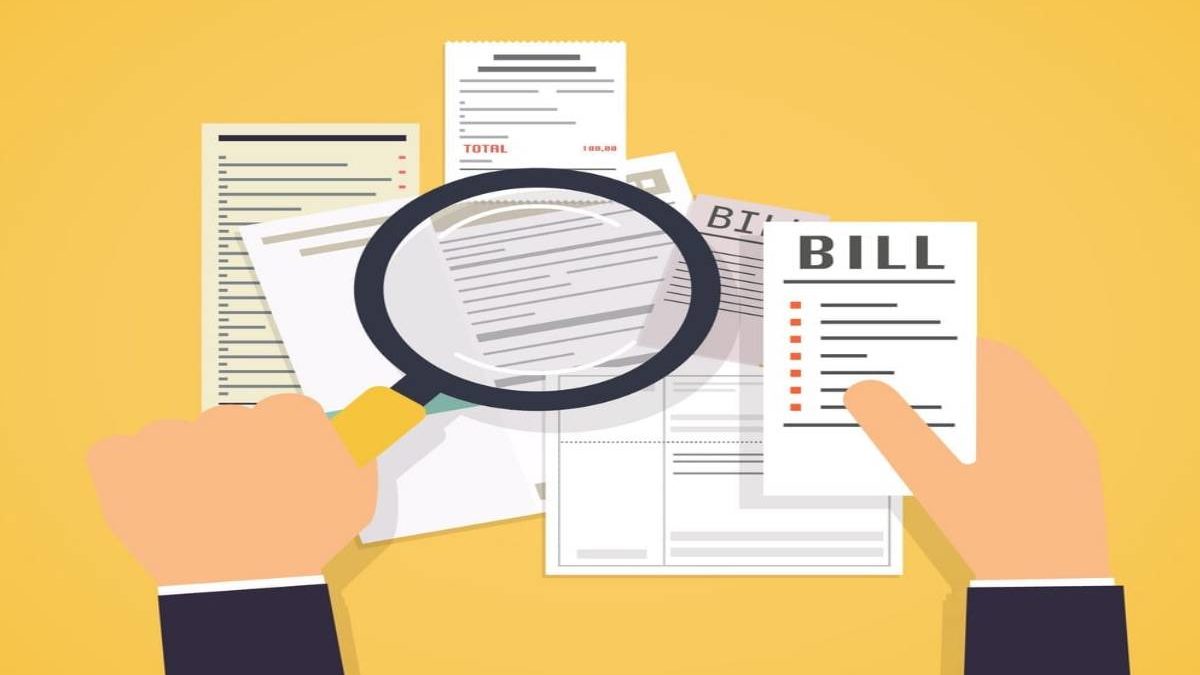Table of Contents
What is an Expense?
An expense is the cost of processes that a business incurs to generate revenue. As the famous saying goes, “it costs money to make money.”
Every day expenses include payments to suppliers, employee wages, factory leases, and equipment depreciation. These expenses are actually quite important when the time comes to file self-employed taxes Businesses can inscribe off tax-deductible expenses on their income tax returns to subordinate their taxable income and tax obligation.
The Internal Revenue Service (IRS) has strict rubrics on which expenses business allows to claim as a deduction.
Understanding Expense

- One of the main goalmouths of company management sides is to maximize profits. It achieves by increasing revenues while custody expenses in check.
- Slashing costs can include assistance companies to make even additional money from sales.
- However, if expenses are cut too abundant, it could also have a detrimental effect.
- For example, paying less on publicity lessens costs and lowers the company’s visibility and ability to reach out to potential customers.
How Are Expense Recorded?
- Companies break unhappy their revenues and expenses in their income statements—accountants record expenses through one accounting method: cash basis or accrual basis.
- Under cash basis accounting, expenses record when they pay. In contrast, under the accrual method, costs record when they incurred.
- For example, if a business proprietor schedules a carpet cleaner to clean the carpets in the office, a business using a cash basis records the expense when it pays the statement.
- The business accountant would record the carpet cleaning expense under the accrual technique when it receives the facility.
- Expenses generally record on an accumulation basis, ensuring that they match the accounting periods’ revenues.
- Expenses used to calculate net income. The reckoning to calculate net revenue is revenues minus expenses.
Two Types of Business Expenses
There are two chief categories of commercial expenses in accounting:
Operating Expenses
Expenses connected to the company’s main doings include the cost of goods sold, administrative fees, and rent.
Non-operating Expenses
Expenses do not directly relate to the business’ core operations. Common examples include interest cares and other costs associated with borrowing money.
Special Considerations of Expense
Capital Expenses
- Capital expenditures, usually known as CapEx, funds used by a company to acquire, upgrade and maintain physical assets such as property, buildings, an industrial plant, technology, or gear.
- The IRS treats capital expenses otherwise than most other business expenses.
- While most business costs can expense or written off against business income the year they incur, capital expenses must take advantage of or written off slowly over time.
- The IRS has a plan that dictates a capital asset a business may write off each year until the entire expense claim.
- The number of years over which a corporation writes off a capital expense varies based on asset type.
Not All Expenses Can Deducte
- Rendering to the IRS, to be deductible, a commercial expense “must be both normal and necessary.”
- Ordinary means the expense expect or accepted in that industry, while necessary means the expense helps pursue earning income.
- Business owners do not allow to claim their individual, non-business expenses as business deductions. They also cannot reasonable lobbying expenses, penalties, and fines.
Also Read: Minecraft 1.17.20, 1.17.10 and 1.17 apk: Download Free
Types of Expense

In accounting, there are three types of expenses:
Fixed Costs
- When it comes to standard and necessary amounts, it does not vary much and has a certain periodicity: monthly, like the electricity bill, or annually, like the car’s taxes.
Flexible Expenses
- When they are regular and necessary expenses, such as fixed ones, we have greater discretion regarding spending since we can assign the payment ceiling.
- For example, we spend shopping for groceries because we will pay as much as we decide to consume, even if each food cost is beyond our control.
Discretionary Expenses
- When we have full control of the amount to spend, it is unnecessary or regular items, but quite the opposite.
- It is about occasional expenses that depend on our desire, such as going to the movies, buying new clothes or even save money. We decide how much to spend and in what way, and whether to do it or not.
Difference between Expense and Loss
- Similarly, expenses and losses differentiate since the latter are involuntary outflows of money.
- They occur at the end of a manufacturing chain when the funds obtained from selling the goods or services produced are not enough to cover their production costs.
- For example, when an organization invests money in producing a good whose sale brings in less money than investing, it says that the company “lost” money. That is, there were losses.
- On the other hand, as we have said, expenses are money that does not return but used to obtain services and goods in exchange.
- When a company is making losses, the first thing that is cut its expenses, most discretionary expenses.
Conclusion
An expense is the price of operations that a business incurs to generate revenue.
Businesses can inscribe off tax-deductible expenses on their pay tax returns, provided they encounter the IRS’s guidelines. Accountants record expenses finished one of two accounting approaches: cash basis or accrual basis.
There are two main groups of business expenses in accounting: operating costs and non-operating fees. The IRS treats capital expenses otherwise than most other business expenses.
Also Read: Mobile Technology – Definition, Types, Advantages, and More

